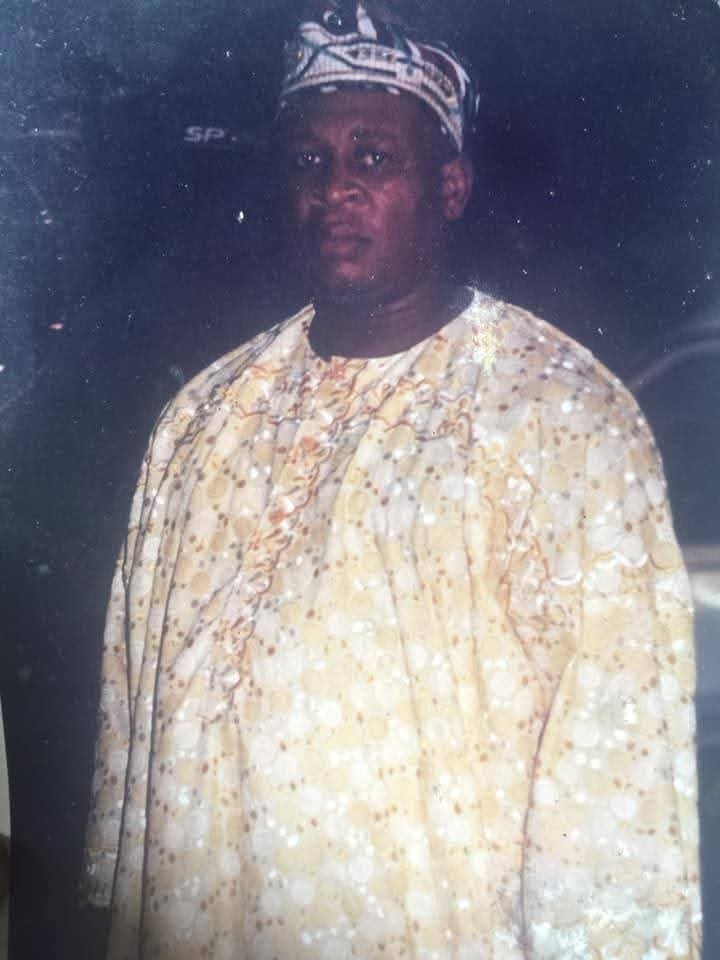Ajagbe Bomboy, whose real name was Ugochukwu Dum Obiora, was one of the most recognized and influential street figures in Lagos during the 1990s. Known simply as “Bomboy,” he rose from humble beginnings to become a powerful area leader who controlled the bustling commercial hubs of Oshodi and Bolade. His story reflects the complex social dynamics of Lagos street life — a mixture of fear, respect, and survival.
Early Life and Background
Ajagbe Bomboy hailed from Mgbidi, a town in Imo State, Nigeria. Like many young men who migrated to Lagos in search of better opportunities, he settled in Oshodi, a district known for its busy markets, bus parks, and rough street culture. Bomboy was not only street-smart but also physically strong and athletic. He trained as a street boxer under a professional fighter in Oshodi, a skill that would later become part of his reputation and help him gain dominance in street battles and territorial disputes. Beyond his involvement in the street world, Bomboy also operated a commercial motorcycle (okada) business, which provided him with a source of income and a network across Lagos.
Rise to Power
During the 1990s, Oshodi became a symbol of urban chaos and street survival. Bomboy’s leadership emerged in this environment. He organized and controlled the collection of daily levies and market fees from traders, especially market women, a system that became both a form of order and exploitation in the informal economy. His group was responsible for maintaining “street discipline” in areas like Bolade, Mafoluku, and the main Oshodi market.
Bomboy’s influence grew as he built alliances with other street lords and maintained a reputation for being both fierce and fair. Despite his feared position, he was known for a gentle demeanor when dealing with ordinary people. Many traders and transport workers respected him for protecting their interests, while others feared his authority.
As Lagos politics deepened in the 1990s, street figures like Bomboy became valuable tools for politicians who needed grassroots mobilization, crowd control, and sometimes intimidation during elections. Bomboy was reportedly used by various political actors to maintain influence in Oshodi during campaign seasons. This connection to politics further strengthened his power and gave him access to money and protection.
Personality and Leadership
Bomboy was described by those who knew him as both a tough enforcer and a man with a soft side. He often mediated disputes among traders and transport workers, and he ensured that his “boys” respected certain boundaries. Despite his activities, many locals considered him a form of local hero who maintained order in an otherwise chaotic environment.
Decline and Death
By the late 1990s and early 2000s, internal rivalries among street gangs in Oshodi intensified. Power struggles emerged as younger and more ruthless leaders sought to control the lucrative territories Bomboy had established. Violent confrontations between rival factions led to instability across Oshodi.
Bomboy’s dominance began to weaken as new players, armed with better resources and political backing, challenged his authority. Eventually, one of these violent confrontations led to his death in the early 2000s. His passing marked the end of an era in Oshodi’s street history, but his name continued to resonate among locals who witnessed his reign.
Legacy
Today, Ajagbe Bomboy remains a legendary figure in Oshodi’s collective memory. Among those who lived through his time, he is remembered not only as a feared gang leader but also as a man who brought structure to the streets and helped many market people survive in difficult times. Annual remembrance gatherings are still held in his honor by old associates and community members who see him as an important part of Oshodi’s history.
His story reflects the blurred line between crime, survival, and leadership in Lagos’s urban underworld — a reminder of how informal power structures often shape life in Nigeria’s biggest city.
















